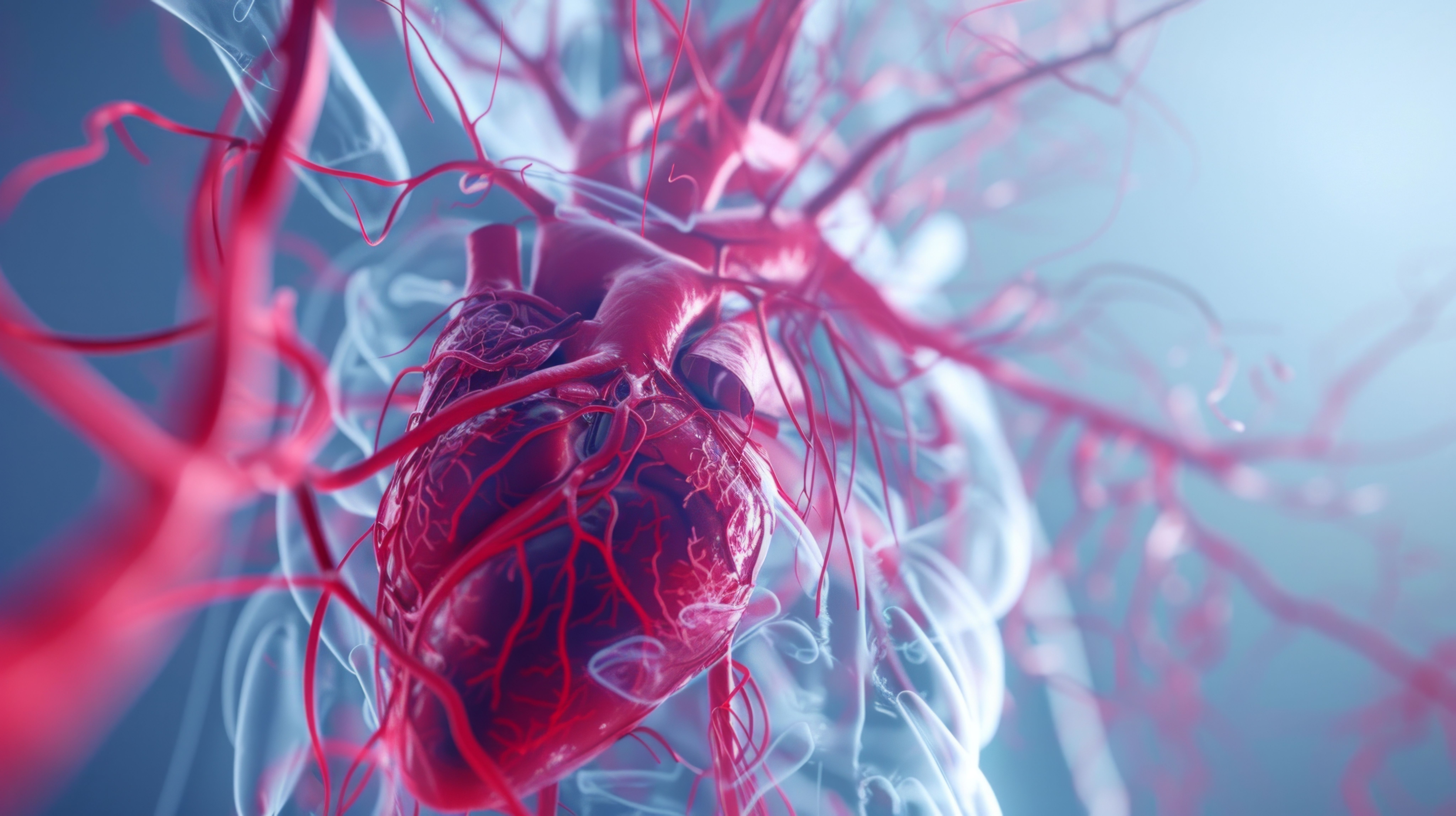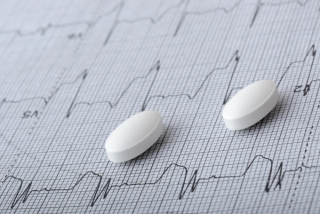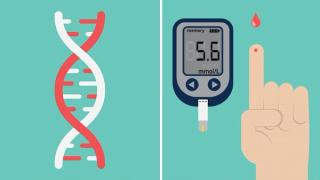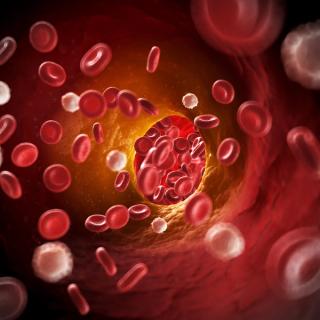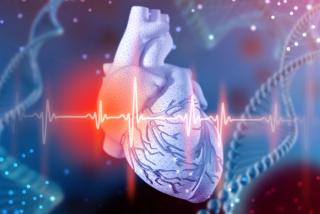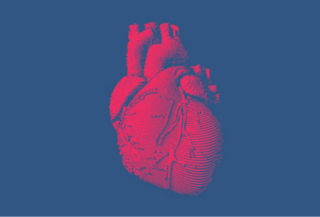
Cardiovascular Health
Latest News
Latest Videos

CME Content
More News

The treatment aims to reduce prolonged QTc interval in patients with long QT syndrome.

Currently, Danon disease has a poor prognosis and does not have any pharmaceutical therapeutics for treatment or management.

The AHA acknowledged that complementary and alternative medicines are widely used by heart failure patients but warned that there is limited scientific evidence to support their efficacy.

Aaron Adkisson, PharmD, discusses the importance of considering factors such as age, gender, and cardiovascular comorbidities when monitoring and managing cardiotoxic risks in patients with cancer. also emphasizing patient education on recognizing early heart failure symptoms.

The use of devices like Apple watches may offer a more affordable and less burdensome modality to diagnose atrial fibrillation.


Parents of children with cancer had the highest risk of developing mental illness and cardiovascular diseases.

Edaravone and dexborneol sublingual tablets are an innovative first drug to be designed for treatment of stroke and granted this designation.

New insights into heart failure risks in Native American communities are highlighting the need to address social determinants of health.

Medication therapy management reimbursement can be a driving factor to work toward statin implementation in this patient group.

Investigators compare the impact of semaglutide for preserved ejection fraction and reduced ejection fraction, which both have different causes and responses to treatment.

Palliative care is crucial for safe and effective medication management to relieve symptoms and improve quality of life.

Joseph Saseen offers valuable insights into the implications of the added performance and quality measures for patients and health care providers.
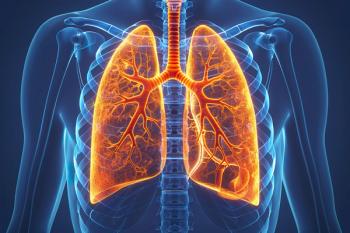
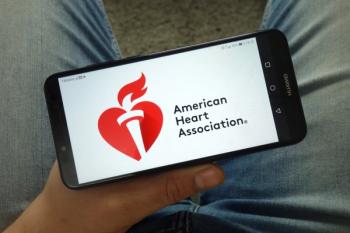
Craig Beavers discusses significance of the 2024 update to the 2020 ACC/AHA Clinical Performance and Quality Measures for Adults With Heart Failure.

In recent years, telestroke services have transformed stroke care delivery, especially in rural or underserved areas.

Risk of developing anxiety or depression is highest within the first year after cardiovascular hospitalization.

Non-steroidal mineralocorticoid receptor antagonist, finerenone, demonstrated improved efficacy compared with existing steroidal treatment for patients.

Tirzepatide demonstrates statistically significant improvements in adult patients who have heart failure with preserved ejection fraction and obesity.

Cholesterol-lowering agents, like statins, reduced the risk of major adverse cardiovascular events and cardiovascular disease in patients with HIV.
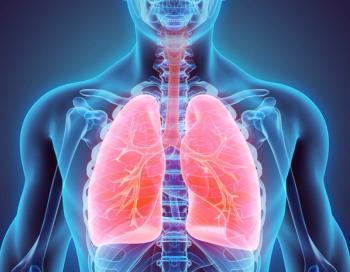
The designation is based on animal model studies that have demonstrated superior efficacy in comparison to sildenafil.

Pharmacists can help patients with polycystic ovary syndrome safely incorporate complementary supplements, such as cinnamon, into their treatment plan.

One of the most important drivers of a patients’ uncontrolled hypertension is medication nonadherence.
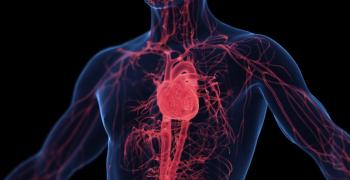
New strategies can improve cholesterol management in patients with ASCVD.

Patient monitoring significantly improved for patients seen in the pharmacist-led clinic due to greater efforts to order labs per policy and prescribe an appropriate DOAC dose.



